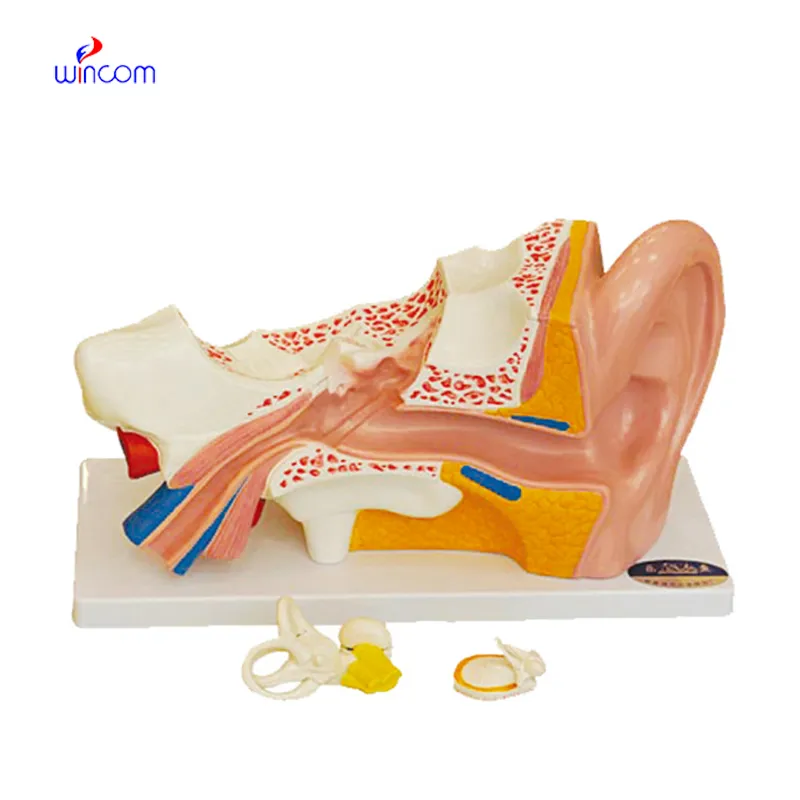
The closed mri machines is constructed using stable cooling systems and advanced electronics to ensure continuous stable operation. It is capable of conducting structural and functional scans at the same time using its multi-mode imaging mode. The closed mri machines further has data sharing capabilities to enable seamless communication across hospital departments.

The closed mri machines is a highly effective instrument for imaging the cardiovascular system, allowing precise evaluation of heart chambers, valves, and vessels. It makes it possible to detect disorders such as coronary artery disease, congenital heart disease, and myocardial inflammation. The closed mri machines also measures blood flow and cardiac function precisely.

Tomorrow's closed mri machines will consist of advanced AI diagnostics that scan for abnormalities in real time. Wheel-equipped MRI units will soon be commonplace, bringing access to rural or emergency settings. The closed mri machines will play a key role in predictive medicine by reading changes in physiology before symptoms manifest.

Daily radiofrequency and magnetic system calibration is required for the preservation of the closed mri machines. Gradient performance, cooling system, and level of cryogens are to be monitored by technicians. The closed mri machines should be cleaned frequently, and cables or connectors inspected for wear to prevent data transmission errors and downtime.
The closed mri machines works on the basis of magnetic resonance which aligns the hydrogen atoms within the body. Signals are generated using radio waves and then converted into high-definition images. The closed mri machines is used extensively in hospitals and research centers to scan brain activity and the function of internal organs.
Q: What is an MRI machine used for? A: An MRI machine is used to create detailed images of the body’s internal structures, helping doctors diagnose brain, spine, joint, and soft tissue conditions without using radiation. Q: How does an MRI machine work? A: The MRI machine uses strong magnetic fields and radio waves to align hydrogen atoms in the body and detect signals that form high-resolution images of organs and tissues. Q: Is an MRI scan safe for all patients? A: MRI scans are generally safe, but patients with metal implants, pacemakers, or certain medical devices must be evaluated before scanning due to magnetic interference. Q: How long does a typical MRI scan take? A: Most MRI scans take between 20 to 60 minutes, depending on the area being examined and the specific diagnostic protocol. Q: What makes MRI different from X-ray or CT imaging? A: Unlike X-ray or CT, an MRI machine uses magnetic resonance instead of radiation, making it particularly effective for imaging soft tissues and the nervous system.
The delivery bed is well-designed and reliable. Our staff finds it simple to operate, and patients feel comfortable using it.
The water bath performs consistently and maintains a stable temperature even during long experiments. It’s reliable and easy to operate.
To protect the privacy of our buyers, only public service email domains like Gmail, Yahoo, and MSN will be displayed. Additionally, only a limited portion of the inquiry content will be shown.
I’d like to inquire about your x-ray machine models. Could you provide the technical datasheet, wa...
We are planning to upgrade our imaging department and would like more information on your mri machin...
E-mail: [email protected]
Tel: +86-731-84176622
+86-731-84136655
Address: Rm.1507,Xinsancheng Plaza. No.58, Renmin Road(E),Changsha,Hunan,China